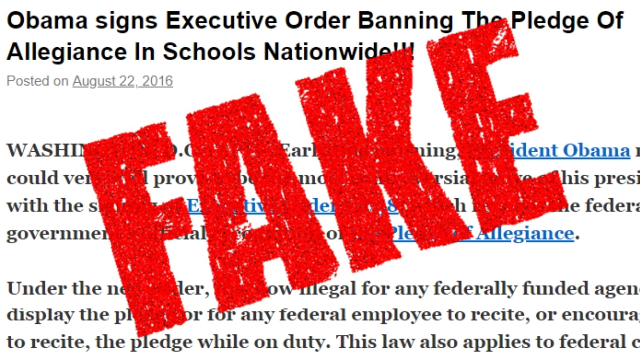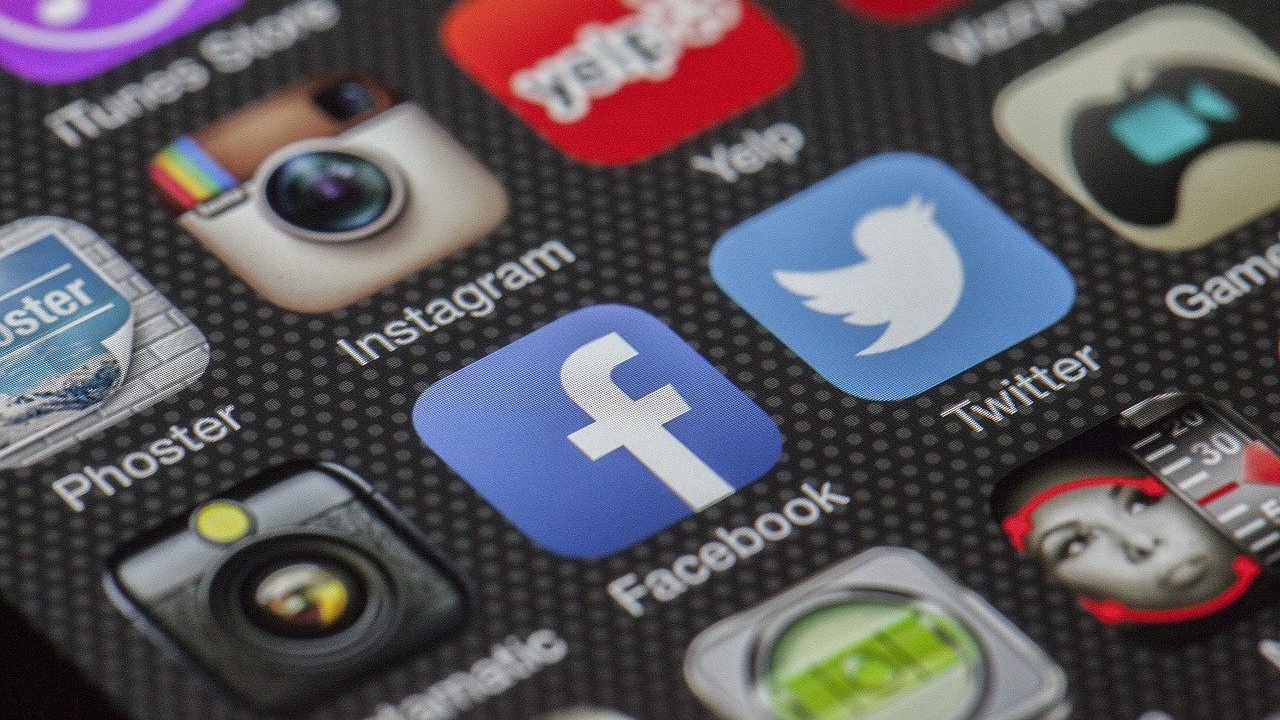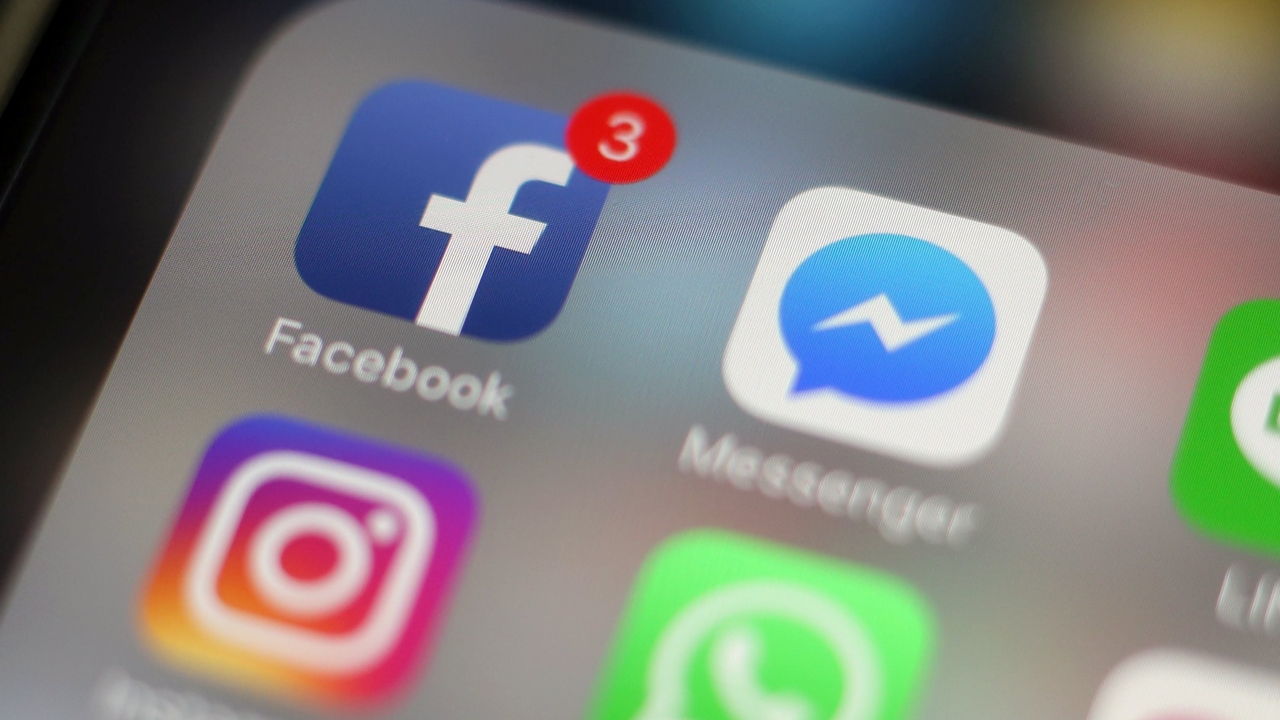misinformation
-
Brain power

Does knowledge reduce stress where COVID is concerned?
New research finds that the more factual knowledge people have about COVID-19, the less stress they have.
-
Brain power

Misinformation slows our collective response during crises
Effective decision-making is crucial in a crisis, but we’re also often flooded with information and conflicting input.
-
Brain power

Busting coronavirus myths will take more than science: lessons from an AIDS study
Attempting to defeat these folk theories with science achieved little; the myth busters of the AIDS epidemic were talking past…
-
Brain power

How not to fall for coronavirus BS: avoid the 7 deadly sins of thought
Gullibility, cynicism, pride, closed mindedness, negligence and wishful thinking. If you can use any of these to describe your reasoning,…
-
2019’s top 100 journal articles

How much fake news is really shared on Facebook, and who shares it? [Top 100 journal articles of 2019]
The findings of a study of fake news sharing on Facebook have implications for knowledge sharing in organisations, and for…
-
Brain power
![Texting mobile phones hands two text phone mobile [Pixabay image 1490691]](https://realkm.com/wp-content/uploads/2020/01/smartphones-1490691_1280.jpg)
How misinformation can be tough to shift
People sometimes continue to use misinformation in their reasoning, even if they remember that the information is false, which researchers…
-
Brain power

What is our motivation when gathering information?
We tend to stop hunting for evidence the moment that data supports the conclusion we wished it to support when…
-
Brain power

We made deceptive robots to see why fake news spreads, and found a weakness
Only a small amount of fake news is needed to disrupt any debate or discussion on an issue, but there…



